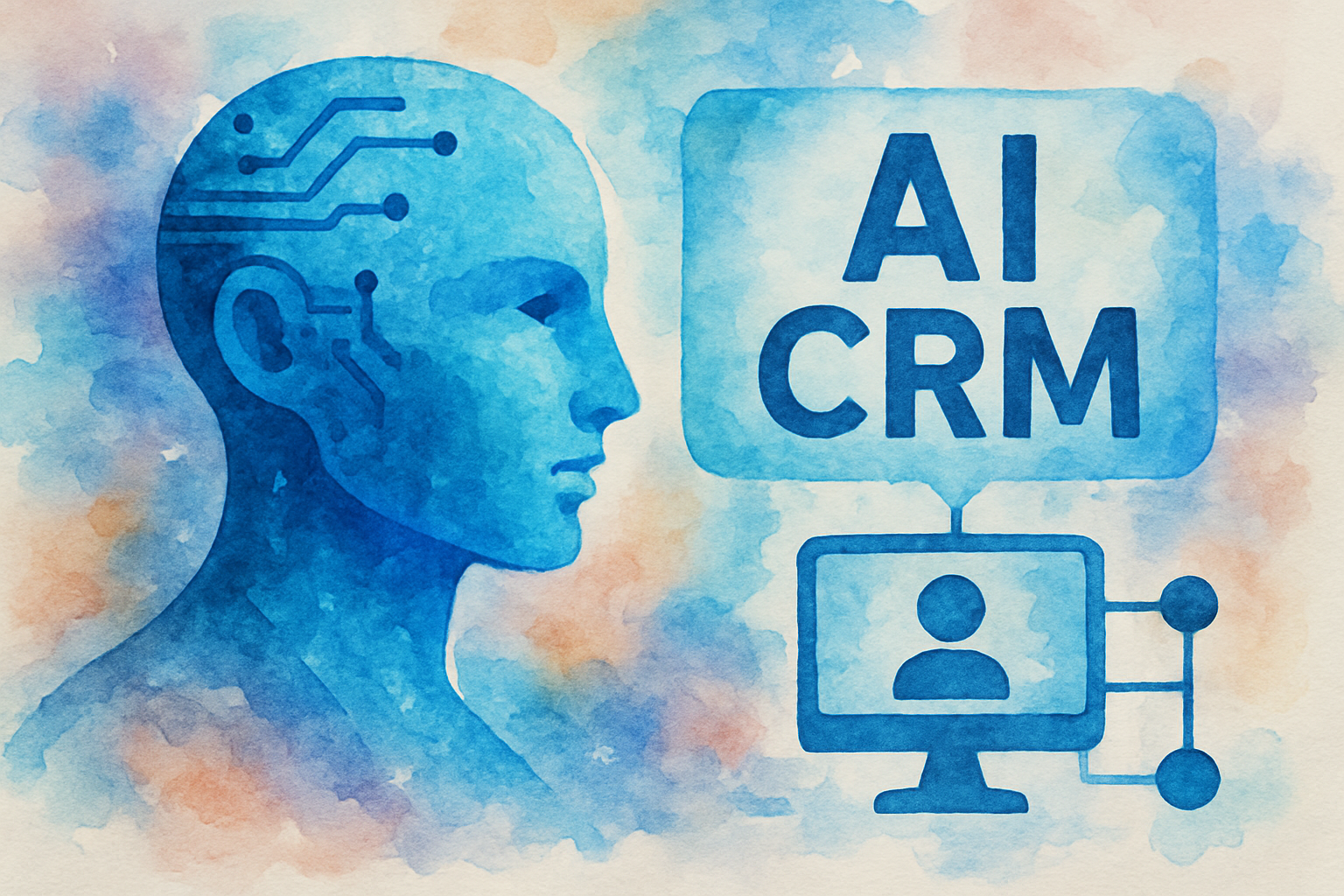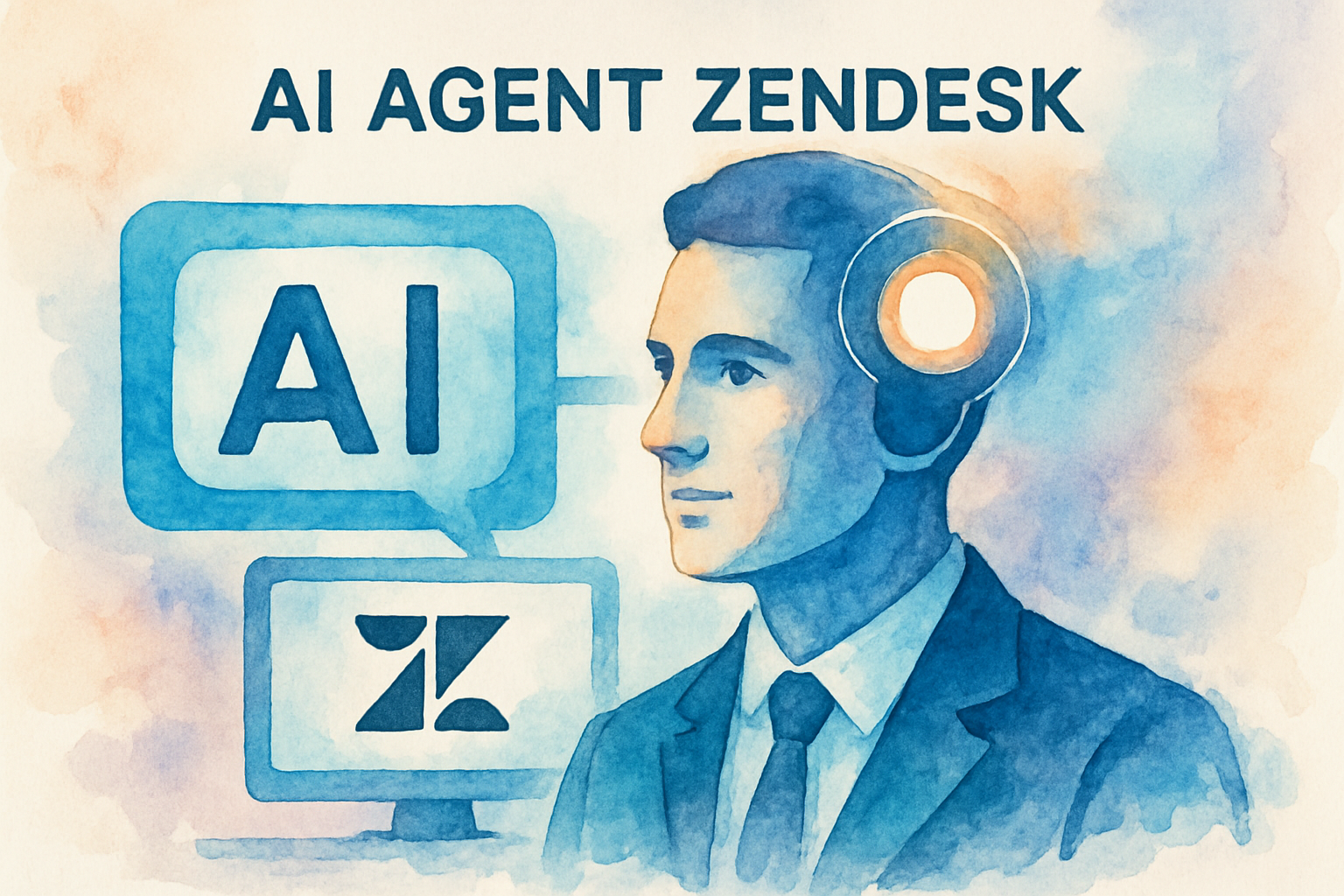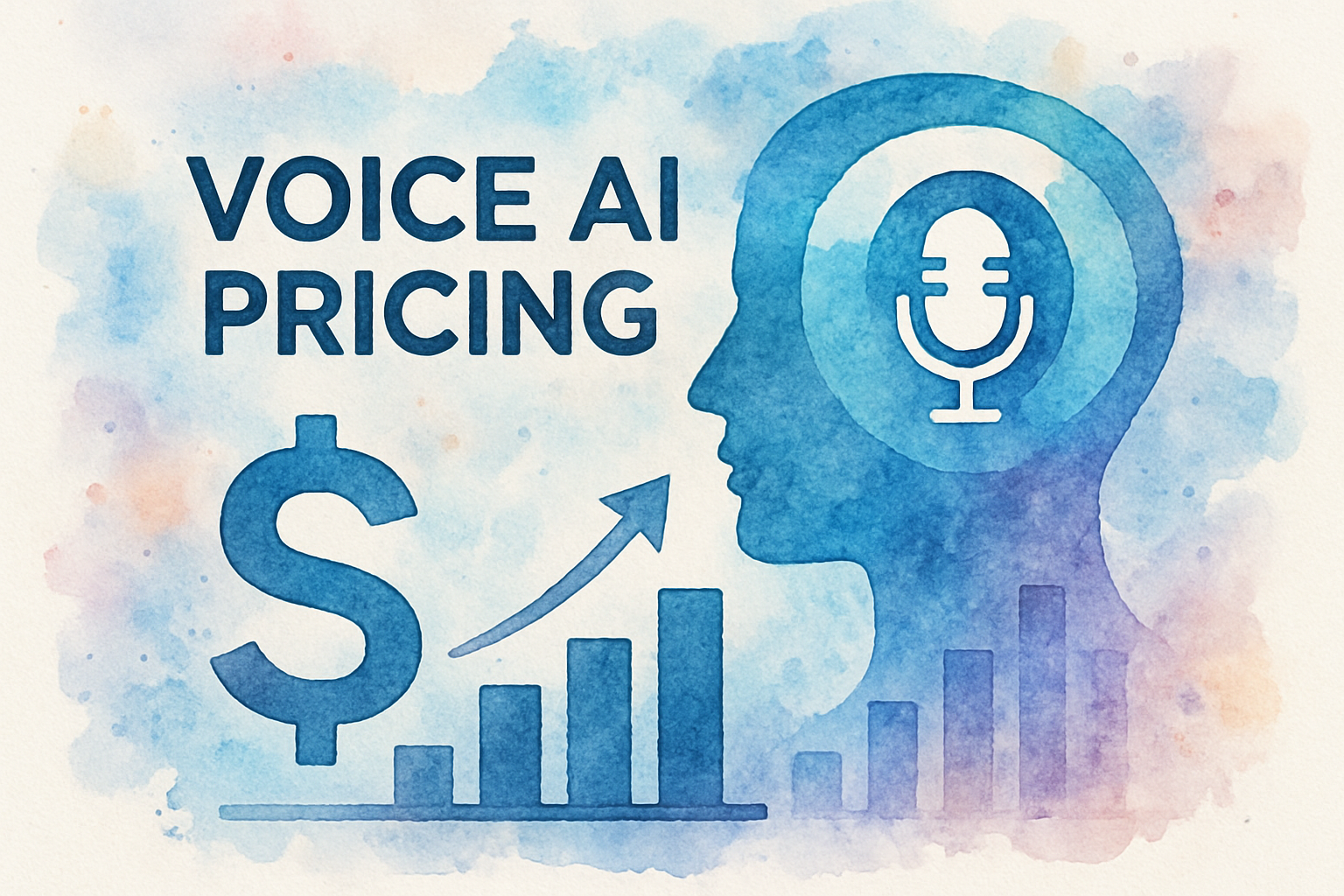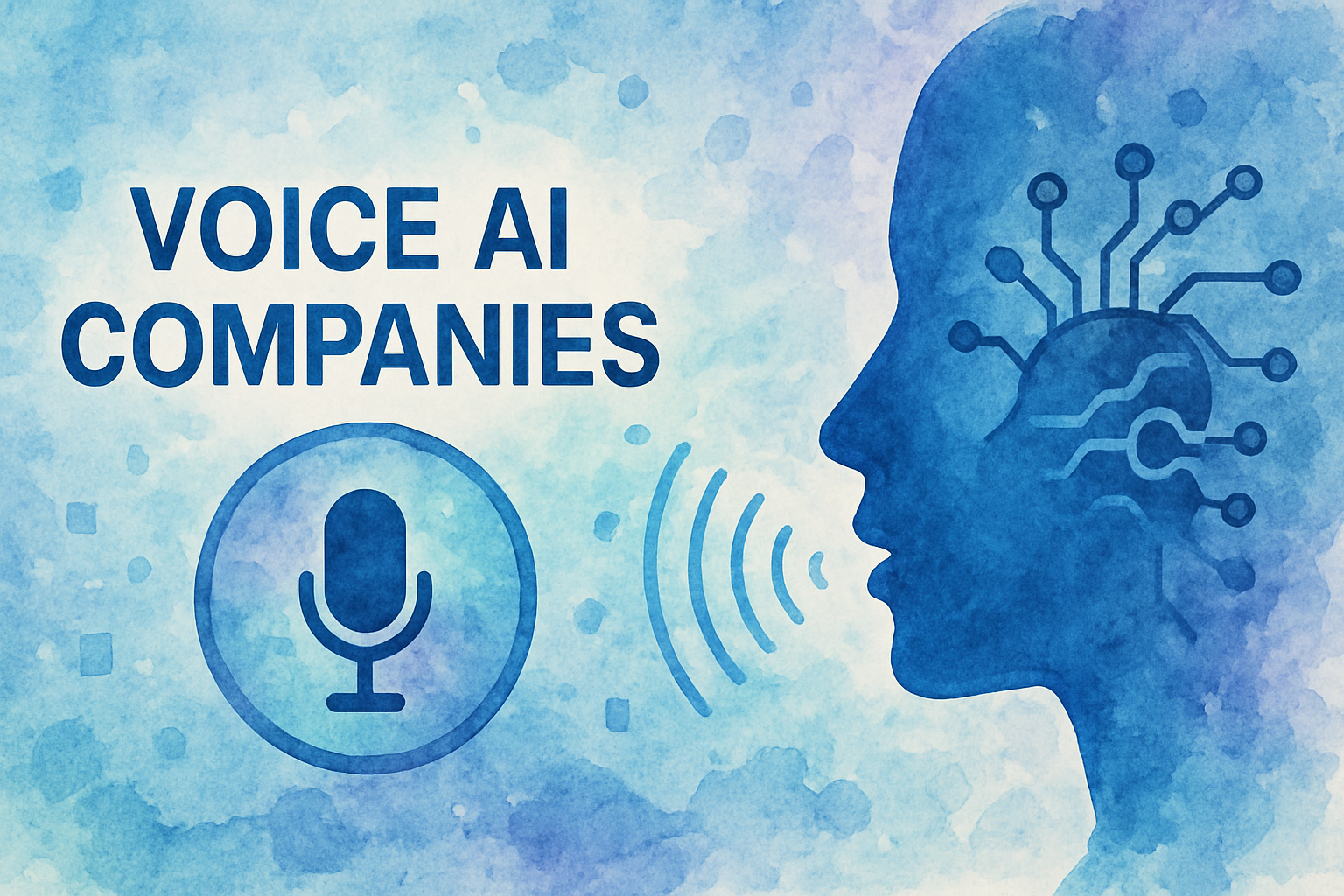Why You Should Start Using AI Agent Services Now: Build Up Your Business 10x Ahead of Your Competitor
AI agent services are shaping the future of business by redefining how companies operate and grow. Instead of relying on rigid systems, businesses can now harness intelligent agents that think, learn, and adapt in real time. This shift opens the door to smarter decision-making, seamless customer experiences, and operations that scale effortlessly—positioning organizations to thrive in an increasingly digital and competitive world.
This comprehensive guide will explore the world of AI agent services, delving into their applications, benefits, and implementation strategies. We’ll also address common challenges and provide practical solutions to help you harness the power of AI agents for your organization. By the end of this article, you’ll have a clear understanding of how AI agent services can transform your business and boost both efficiency and customer satisfaction.
Understanding AI Agent Services: A Comprehensive Overview
Before we dive into the benefits and implementation strategies, let’s establish a clear understanding of AI agent services and their significance in today’s business landscape.
Defining AI Agent Services
AI agent services refer to intelligent software programs or systems that can perform tasks, make decisions, and interact with users autonomously. These agents leverage artificial intelligence technologies such as natural language processing, machine learning, and deep learning to understand and respond to user queries, automate processes, and provide personalized experiences.
The Evolution of AI Agents
AI agents have come a long way since their inception. Early chatbots and virtual assistants were limited in their capabilities, often providing scripted responses to predefined queries. Today’s AI agent services are far more sophisticated, capable of understanding context, learning from interactions, and even predicting user needs.
Key Components of AI Agent Services
- Natural Language Processing (NLP): Enables agents to understand and interpret human language
- Machine Learning: Allows agents to improve their performance over time based on data and experience
- Sentiment Analysis: Helps agents understand and respond to user emotions
- Knowledge Base: A repository of information that agents can access to provide accurate responses
- Integration Capabilities: Allows agents to connect with various systems and databases
Source: LeewayHertz- AI Agent for knowledge management key
The Benefits of Implementing AI Agent Services in Your Business
AI agent services offer a wide range of benefits that can significantly impact your business’s bottom line and overall performance. Let’s explore some of the key advantages:
1. Enhanced Customer Service and Support
AI agents can provide 24/7 customer support, answering queries instantly and efficiently. This leads to:
- Reduced wait times for customers
- Improved customer satisfaction rates
- Ability to handle multiple inquiries simultaneously
- Consistent and accurate responses across all interactions
2. Increased Operational Efficiency
By automating routine tasks and processes, AI agent services can:
- Free up human employees to focus on higher-value tasks
- Reduce operational costs
- Minimize errors in data entry and processing
- Streamline workflows and improve productivity
3. Personalized User Experiences
AI agents can analyze user data and behavior to provide tailored recommendations and experiences, resulting in:
- Increased customer engagement and loyalty
- Higher conversion rates
- Improved cross-selling and upselling opportunities
4. Data-Driven Insights
AI agent services can collect and analyze vast amounts of data, providing valuable insights that can:
- Inform business decisions
- Identify trends and patterns
- Predict customer needs and preferences
- Optimize marketing strategies
Implementing AI Agent Services: A Step-by-Step Guide
1. Define Your Objectives and Use Cases
Before implementing AI agent services, clearly outline your goals and identify specific use cases where AI can add value. Consider areas such as:
- Customer support and inquiries
- Sales and lead generation
- Internal processes and employee assistance
- Data analysis and reporting
2. Choose the Right AI Agent Platform
Select an AI agent platform that aligns with your business needs and technical requirements. Consider factors such as:
- Scalability and flexibility
- Integration capabilities with existing systems
- Customization options
- Analytics and reporting features
- Vendor support and reputation
3. Prepare Your Data and Knowledge Base
Ensure your AI agent has access to accurate and comprehensive information by:
- Organizing and cleaning your existing data
- Creating a robust knowledge base
- Defining clear guidelines and policies for agent responses
4. Train and Test Your AI Agent
Invest time in training your AI agent to ensure optimal performance:
- Provide diverse training data and scenarios
- Conduct thorough testing across various use cases
- Refine and optimize agent responses based on test results
5. Integration and Deployment
Carefully plan the integration of your AI agent services into your existing systems:
- Ensure seamless integration with your CRM, helpdesk, and other relevant platforms
- Implement appropriate security measures to protect sensitive data
- Provide training to employees who will be working alongside the AI agents
6. Monitor, Analyze, and Optimize
Continuously monitor your AI agent’s performance and gather feedback to identify areas for improvement:
- Track key performance indicators (KPIs) such as response accuracy and customer satisfaction
- Analyze user interactions to identify common issues or gaps in knowledge
- Regularly update and optimize your AI agent’s knowledge base and algorithms
Overcoming Challenges in AI Agent Service Implementation
While AI agent services offer numerous benefits, there are also challenges to consider. Here are some common obstacles and strategies to overcome them:
1. Data Privacy and Security Concerns
Challenge: Ensuring the protection of sensitive customer data and maintaining compliance with data protection regulations.
Solution: Implement robust security measures, including data encryption, access controls, and regular security audits. Stay informed about relevant data protection laws and ensure your AI agent services comply with these regulations.
2. Integration with Legacy Systems
Challenge: Seamlessly integrating AI agent services with existing legacy systems and databases.
Solution: Choose AI platforms with robust integration capabilities and APIs. Consider working with IT specialists or consultants to ensure smooth integration and data flow between systems.
3. Maintaining the Human Touch
Challenge: Balancing automation with the need for human empathy and judgment in certain situations.
Solution: Implement a hybrid approach that combines AI agent services with human support. Define clear escalation paths for complex or sensitive issues that require human intervention.
4. Continuous Learning and Improvement
Challenge: Ensuring your AI agent services remain up-to-date and continue to improve over time.
Solution: Invest in machine learning capabilities that allow your AI agents to learn from interactions. Regularly review and update your knowledge base, and incorporate user feedback to refine responses and capabilities.
Conclusion: Embracing the Future with AI Agent Services
AI agent services represent a powerful tool for businesses looking to enhance efficiency, improve customer satisfaction, and gain a competitive edge in today’s digital landscape. By implementing these intelligent systems, companies can automate routine tasks, provide personalized experiences, and unlock valuable insights from their data.
As we’ve explored in this guide, the successful implementation of AI agent services requires careful planning, the right technology choices, and a commitment to continuous improvement. By addressing potential challenges directly and adhering to best practices, businesses can fully leverage the potential of AI agents to drive growth and innovation.
Are you ready to revolutionize your business operations? Take the first step towards a more efficient and customer-centric future by scheduling a free consultation with The Crunch. Our team of experts can help you assess your needs, develop a tailored AI strategy, and guide you through the implementation process. Don’t miss out on the transformative power of AI agent services – contact us today!
Frequently Asked Questions
1. What industries can benefit most from AI agent services?
All of it. It can benefit a wide range of industries, including e-commerce, healthcare, finance, travel, and telecommunications. Any industry that involves customer interactions, data processing, or repetitive tasks can potentially benefit from implementing an AI agent.
2. How long does it typically take to implement the system?
The implementation timeline can vary depending on the complexity of your use cases and the extent of integration required. A basic implementation might take a few weeks, while more complex, enterprise-wide deployments could take several months.
3. Can AI agent services replace human employees?
AI agent services are designed to augment human capabilities rather than replace them entirely. While they can handle many routine tasks, human employees remain essential for complex problem-solving, creative thinking, and providing empathy in sensitive situations.
4. How does it handle multiple languages?
Many AI agent platforms offer multilingual capabilities, allowing them to understand and respond in various languages. This is typically achieved through advanced natural language processing and machine translation technologies.
5. What are the ongoing maintenance requirements?
Ongoing maintenance typically involves regular updates to the knowledge base, monitoring performance metrics, fine-tuning algorithms, and ensuring integration with evolving systems and databases. The level of maintenance required can vary depending on the complexity of your implementation and the rate of change in your business environment.










